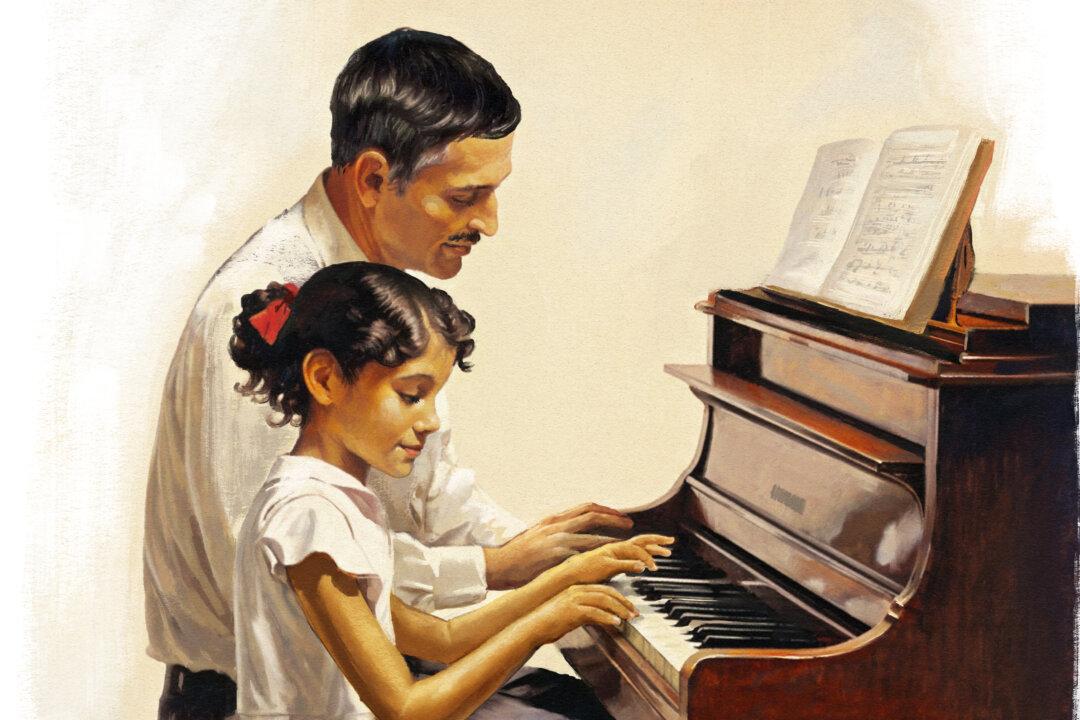Parents want their children to thrive and succeed. They enroll them in good schools, provide them with healthy food, and take pains to ensure their moral and spiritual grounding. But have you ever considered the role that music can play in your child’s development?
In particular, classical music has been shown to have a positive impact on a child’s cognitive abilities and overall well-being, a phenomenon sometimes known as “the Mozart effect.”





